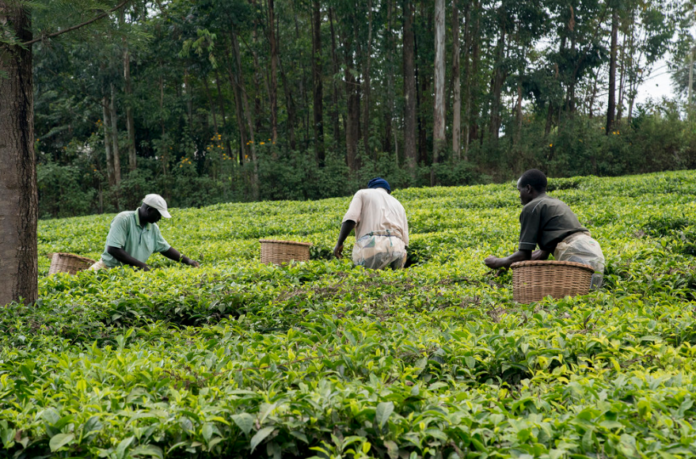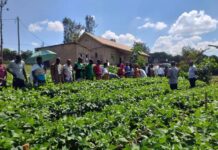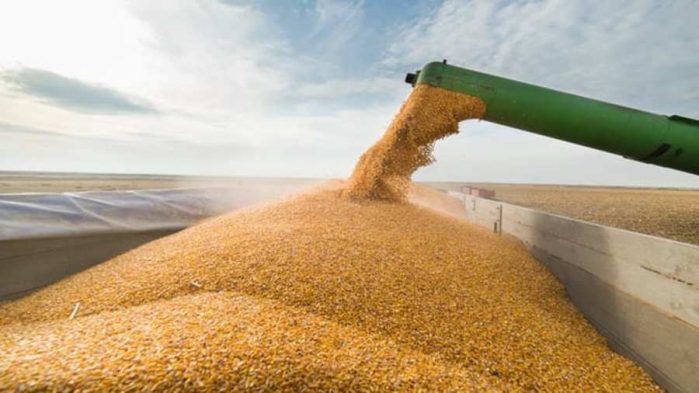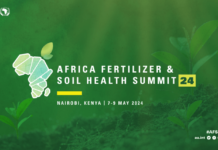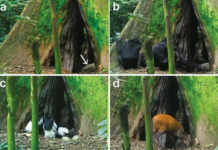Rwanda has announced plans to double agriculture sector lending from the current 5.2% of the total share of loans from financial institutions to 10.4% by 2024.
Jean Bosco Iyacu, Chief Executive Officer of Access to Finance Rwanda (AFR) said that the goal is to modernise the sector, which currently accounts for nearly a third of the country’s gross domestic product (GDP).
The share of loans to agriculture has stagnant at around 5% of the total loans to the economy by financial institutions even as it played a critical role in poverty reduction over the past decade. The sector has also had important implications on r food and nutrition security.
Considering the current situation and trends, industry experts said, achieving financing targets will require redoubling efforts. Agriculture faces several challenges, especially due to land degradation and soil erosion, high vulnerability to climate change, limited land, low levels of productivity for both crops and livestock, and weak processing capacity, according to information from the Ministry of Agriculture and Animal Resources (MINAGRI).
Rwandan economy
“The agriculture sector has been an important pillar for the Rwandan economy and will continue to play a prominent role in driving the country 2050 development agenda. In order to achieve this vision, and maintain a steady growth Iyacu said there is a need for a rapid transformation of the sector into a higher value commercial venture. Agriculture finance stakeholders need to come up with innovative risk mitigation mechanisms and design new approaches to de-risk the sector. Doubling the share of agriculture lending is a high target, but it is achievable if we set extraordinary strategies, but we could be far from achieving it if we do business as usual,” said Jean Bosco Iyacu.
George Odhiambo, Managing Director of KCB Bank Rwanda, said that the country is still importing raw materials such as maize and soybeans to run its agro-industry, pointing out that financing farmers can help address this situation.
“Financing agriculture is not riskier, because agriculture participation is an economic stabilisation activity. A population that is not food secure, is prone to disputes. So, the better your agriculture works, the more secure is the country, and the more secure are all the businesses that we have to finance,” he said.



